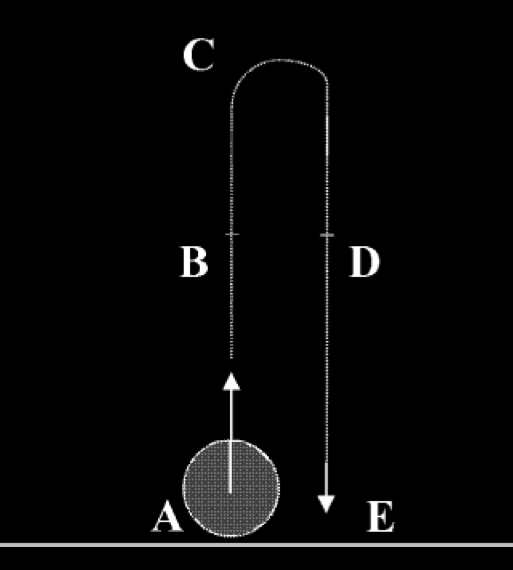Click here and press the right key for the next slide.
(This may not work on mobile or ipad. You can try using chrome or firefox, but even that may fail. Sorry.)
(If the slides don’t work, you can still use any direct links to recordings.)
also ...
Press the left key to go backwards (or swipe right)
Press n to toggle whether notes are shown (or add '?notes' to the url before the #)
Press m or double tap to slide thumbnails (menu)
Press ? at any time to show the keyboard shortcuts
Cognitive Miracles
Greene (my reconstruction)
Drop is an unfamiliar* situation.
Spontaneous judgements are dominated by fast processes.
Fast processes are not reliable in unfamiliar* situations.
Therefore:
Spontaneous judgements concerning Drop are unreliable.
unfamiliar problems (or situations): ‘ones with which we have inadequate evolutionary, cultural, or personal experience’
‘it would be a cognitive miracle if we had reliably good moral instincts about unfamiliar* moral problems’
‘The No Cognitive Miracles Principle:
When we are dealing with unfamiliar* moral problems, we ought to rely less on [...] automatic emotional responses and more on [...] conscious, controlled reasoning, lest we bank on cognitive miracles.’
Greene, 2014 p. 715
Compare the physical case.
Fast processes are characterised by principles of Impetus mechanics
which yield correct predictions in some unfamiliar* cases, including
point-light displays, and
cartoons
unfamiliar problems (or situations): ‘ones with which we have inadequate evolutionary, cultural, or personal experience’
Objection
Either Drop is unfamiliar but unfamiliarity does not imply unreliability of fast processes,
or else unfamiliarity does imply unreliability of fast processes but we lack grounds for determining whether Drop is familiar.
Greene (my reconstruction)
Drop is an unfamiliar* situation.
Spontaneous judgements are dominated by fast processes.
Fast processes are not reliable in unfamiliar* situations.
Therefore:
Spontaneous judgements concerning Drop are unreliable.

reject the No Cognitive Miracles Principle outright?
Method of Signature Limits
1. Process generates prediction which is wrong ...
2. ... and which follows from principles that describe how the process works (its computational description).
‘it would be a cognitive miracle if we had reliably good moral instincts about unfamiliar* moral problems’
‘The No Cognitive Miracles Principle:
When we are dealing with unfamiliar* moral problems, we ought to rely less on [...] automatic emotional responses and more on [...] conscious, controlled reasoning, lest we bank on cognitive miracles.’
Greene, 2014 p. 715
Objection
Either Drop is unfamiliar but unfamiliarity does not imply unreliability of fast processes,
or else unfamiliarity does imply unreliability of fast processes but we lack grounds for determining whether Drop is familiar.
Greene (my reconstruction)
Drop is an unfamiliar* situation.
Spontaneous judgements are dominated by fast processes.
Fast processes are not reliable in unfamiliar* situations.
Therefore:
Spontaneous judgements concerning Drop are unreliable.